The ESA believes that about 2 million tonnes of household and commercial waste leaks into the “illegal sector” every year, including as exports, Jacob Hayler said during an environment, food and rural affairs (EFRA) committee session on plastic waste.
Mr Hayler said the Environment Agency inspected between 5% and 6% of total waste container exports in the final three months of 2021.
He told MPs only 1% of plastic exports were prevented from leaving the country in that time, describing shipping residual waste masquerading as recycling as a “low risk, high reward” crime.
“There’s a low likelihood of being caught and the penalties are just pitifully low even when you do get caught,” Mr Hayler told MPs.
“You might get a four-figure fine when you’ve made a six- or seven-figure profit. It’s ridiculous. It’s completely out of balance.”
Ban
Of the 48 containers holding plastic waste stopped during those three months, Mr Hayler said, 18 were destined for Turkey.
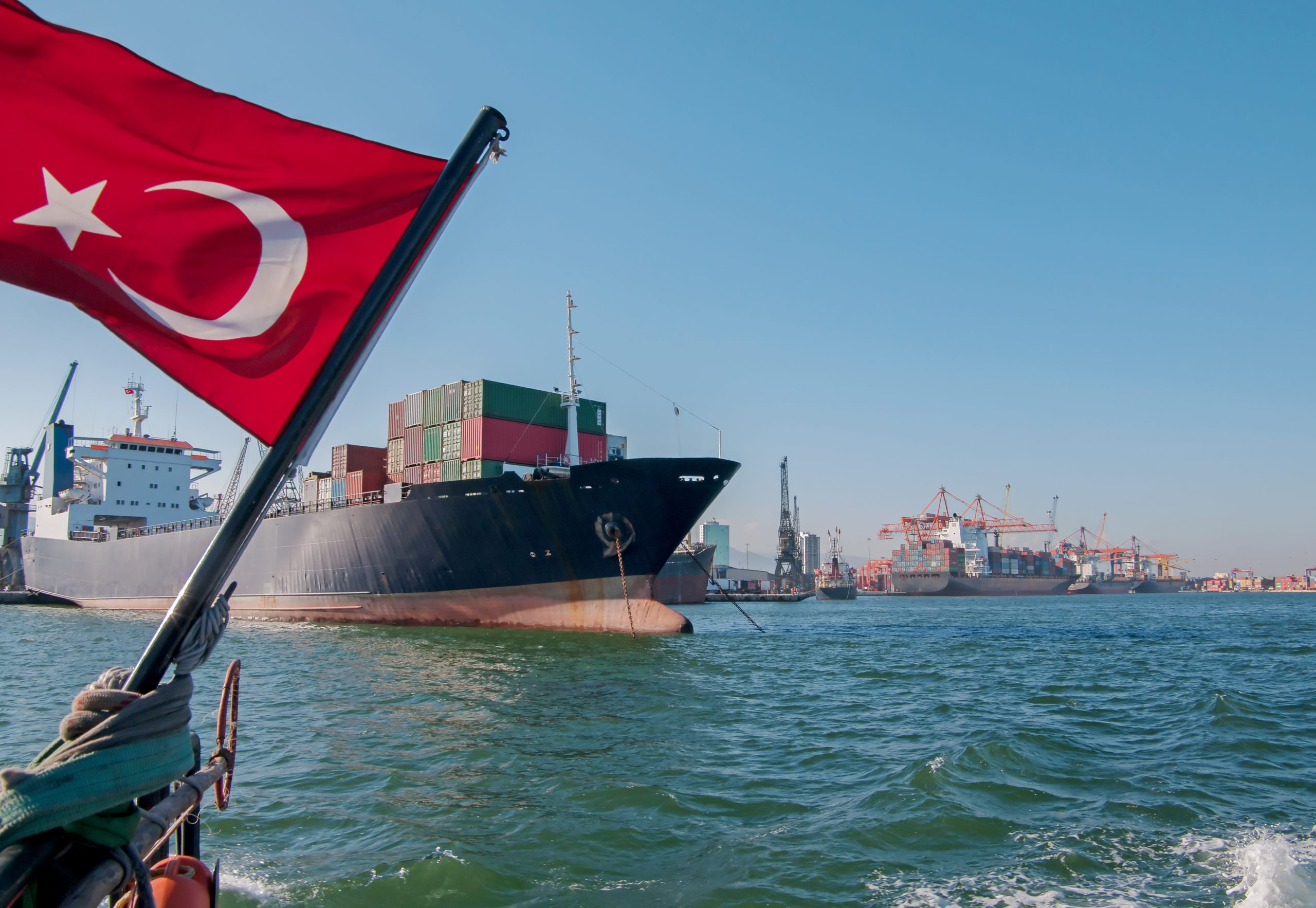
He added that exports to Turkey would not stop under a ban on plastic exports to non-OECD countries.
The government has pledged to end exports to countries outside the OECD but has yet to bring the ban in (see letsrecycle.com story).
Defra estimates that around 210,000 tonnes of plastic wastes are exported each year from England to non-OECD countries. These shipments are destined for Hong Kong (36%), Malaysia (23%), Indonesia (13%), India (7%), Taiwan (7%), China (5%) and Pakistan (4%), amongst others.
However, Mr Hayler told MPs any ban should focus on the type of material exported rather than its destination.
“We would certainly support a move towards phasing out the export of mixed plastics,” he said.
“I think it’s more important to focus on the type of material and what you’re doing to the material before it’s exported rather than the geographic location. So that could be not just a non-OECD, that could be anywhere.
“You could have it strictly enforced, a level playing field, and I think that would be most effective.”
Waste crime
Mr Hayler put forward several proposals which he said would help prevent waste crime.
He said it needed to be more difficult for criminals to get a licence to work as a waste carrier, and penalties need to be higher to act as a deterrent.
There needed to be “stronger application” of duty of care, Mr Hayler said, to prevent material getting into the wrong hands.
And, Mr Hayler said the ESA wanted the Environment Agency to have the resources to be able to shut down waste crime “quickly and effectively”.
Domestic infrastructure
Also giving evidence at the EFRA committee session was Tim Rotheray, director of environmental social governance at waste management company Viridor.

He told MPs that it was often easier for companies to export plastic waste because it was difficult to persuade investors to put money into domestic recycling infrastructure.
“Right now, investing in plastic recycling and reprocessing, the contracts for that are shorter than the life of the asset that you want to invest in,” he told MPs. “And it means that if you’re investing, you effectively have to invest at risk.
“So, you might get a three- or four- or five-year contract for plastic waste. But if you’re building a 50 or £100 million plastic reprocessing facility, then actually the length of the contract is not sufficient to cover the payback on that investment.
“And in that environment, it is often easier to export because it is difficult to persuade investors that the risk profile of that is acceptable.”
Mr Rotheray said 10-year contracts were needed as a minimum to drive investment, while ideally deals should last 15 years.
Recycling minister Jo Churchill officially opened Viridor’s 80,000 tonnes per year capacity polymer reprocessing facility at Avonmouth, near Bristol, on 3 March (see letsrecycle.com story).
The company, which called on the government to ban plastic exports from the UK in December 2021, claims the facility will cut exports by around 8% (see letsrecycle.com story).




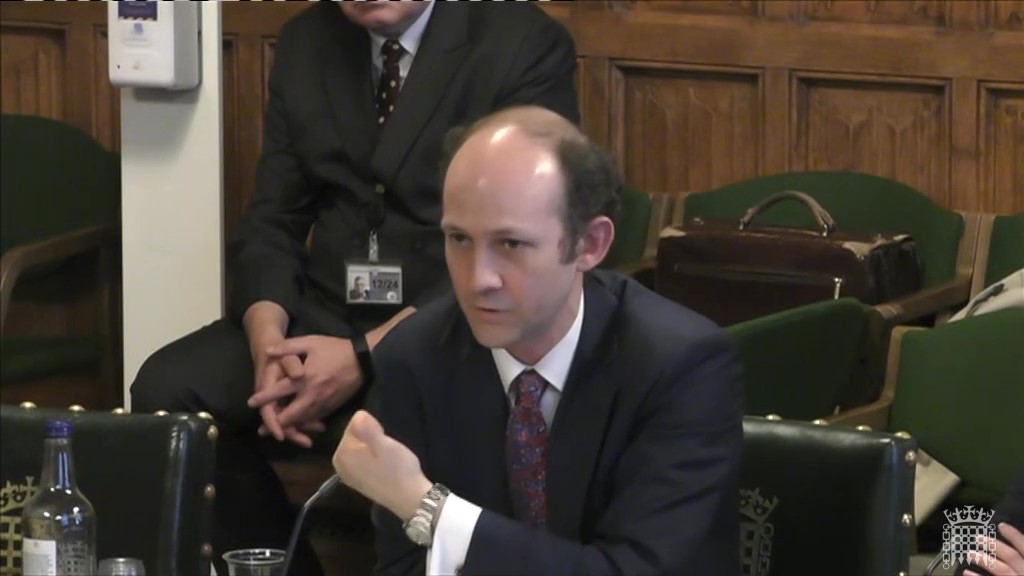

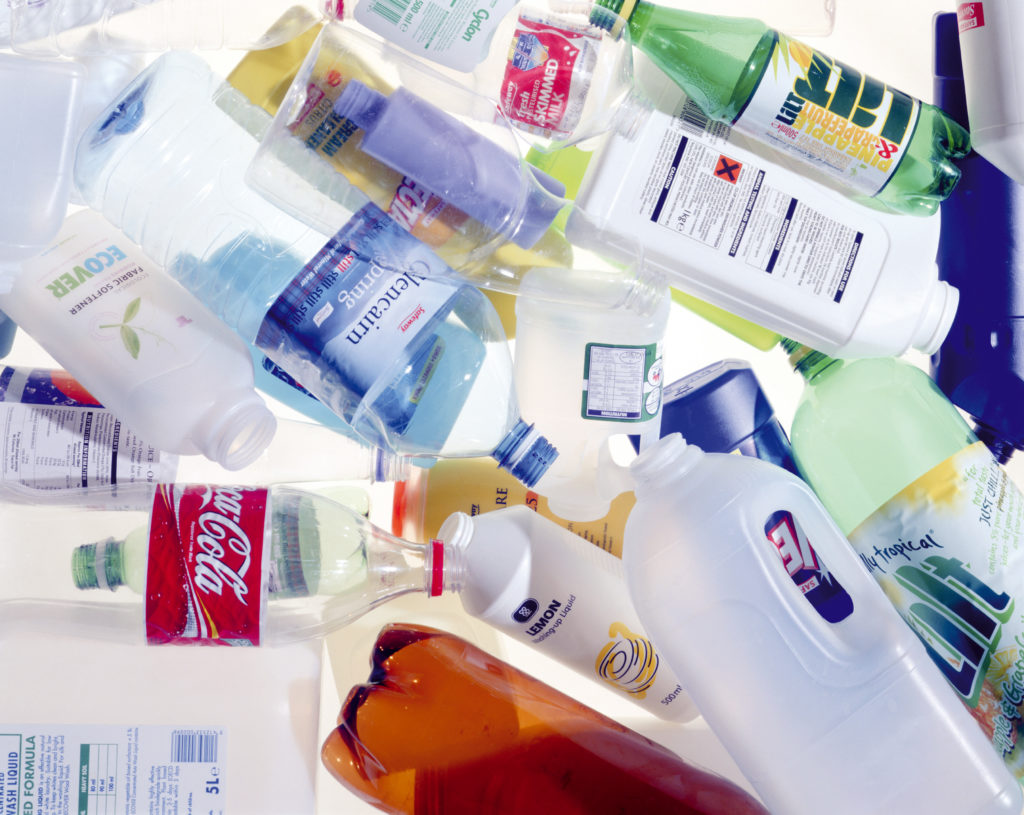
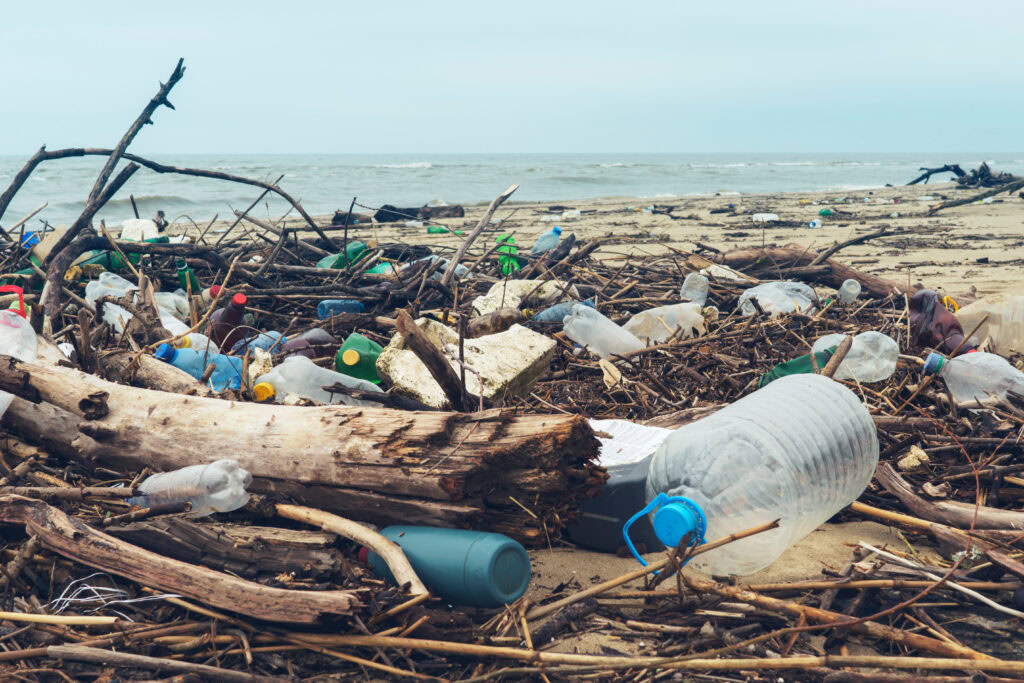
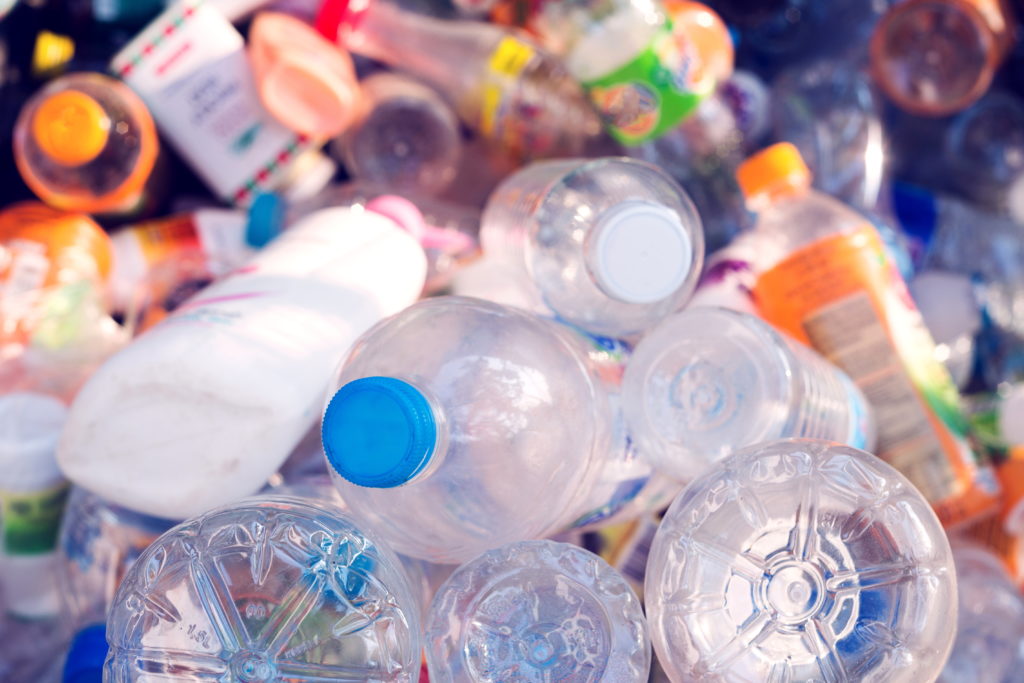


Subscribe for free